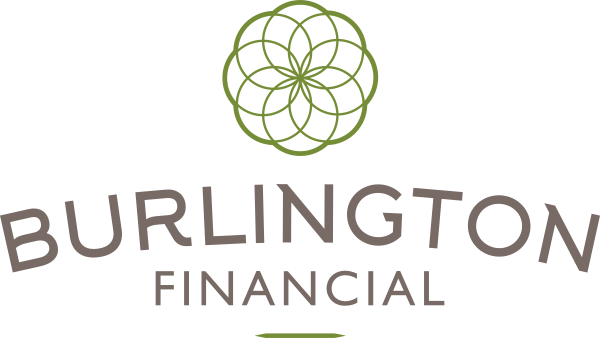Get In Touch
Mortgage Finder
Best Buys Table
Calculators
Purchase
Providing individual mortgage advice; unique to you
A mortgage is nothing more than a loan which is used to fund the purchase of property. With many lenders offering a huge range of mortgage products the choice can be daunting.
It is important to work out which mortgage will be the cheapest for you and this involves looking at interest rates and associated fees, if any. As there are so many different mortgage products available it can be difficult to choose a mortgage that is the most appropriate for your circumstances.
Here, we explain some of the terminology and different mortgage types in order to point you in the right direction.
Capital & Interest (or Repayment) Mortgage
Each monthly repayment consists of two elements:
- Interest; an amount the lender charges you for lending the money.
- Capital Repayment; a partial repayment of the amount borrowed.
As long as the borrower makes the required payment on time every time throughout the term of the mortgage, the mortgage balance will reduce every month, until that balance is reduced to zero.
As long as repayments are maintained the mortgage is GUARANTEED to be repaid by the end of the term.
Interest Only Mortgage
Monthly repayments consist of only interest, meaning that the amount originally borrowed never reduces and remains payable, in full, at the end of the term. This type of mortgage is not readily available these days and where lenders are willing to offer this type of mortgage, an acceptable (to the lender) repayment strategy must be in place and verified by the lender.
Fixed Rate Mortgage
The interest rate is fixed – which means that it stays the same throughout the initial fixed rate period – which is usually two, three or five years, although longer fixed rate periods may be available. If you opt for a fixed rate deal, you’ll have the certainty of knowing exactly how much your mortgage will cost every month for a set period of time. Even if interest rates change during the initial period your mortgage repayment will stay the same, which is great for budgeting, but … remember if interest rates fall your mortgage payment will not reduce and you may feel that you have not been able to benefit from a potential saving.
Tracker Mortgage
The interest rate on a tracker mortgage is linked to the Bank of England Base Rate and so if the base rate changes so will your mortgage interest rate meaning that your monthly mortgage payment will rise or fall accordingly. The risk with tracker mortgages is that in the event that interest rates rise so will your monthly repayment but, the converse is true, if rates fall you will benefit from reduced monthly mortgage payments.
Discount Mortgage
These are very similar to tracker mortgages however with discount mortgages the interest rate is linked to the lender’s Standard Variable Rate, known as the SVR. The lender is able to change their SVR whenever they wish either up or down and they can do this even when there has been no change to the base rate.
Early Surrender Penalties
With all of the above mortgages there is usually an early surrender penalty or ESP if you wish to end the mortgage within the initial period. This can prove to be expensive, usually more so during the early part of the period.
There are other types of mortgage which although less common may be advantageous for certain people.
Offset Mortgage
This type of mortgage is a combination of a mortgage and a bank account. The mortgage balance is reduced, or offset, by the balance of your bank account effectively reducing the mortgage balance and as the lender charges interest only on the mortgage balance the mortgage holder has the choice of lower monthly repayments or to maintain the monthly repayment and ‘overpay’ the mortgage and so reduce the term. Either way this type of mortgage has the potential to significantly reduce the interest costs associated with a mortgage. Of course, any savings held in deposit accounts that are linked to a mortgage will not generate any interest. The money in the savings account can be accessed in the normal way at any time.
A variation of the offset mortgage is a Current Account Mortgage (CAM). The balance held in the current account effectively reduces the mortgage balance which, in turn, impacts on the amount of interest paid in the same way as an offset mortgage.
Offset or current account mortgages may be referred to by some lenders as flexible mortgages.
Benefits of Advice
The above confirms that choosing the right mortgage can be confusing for those that are unfamiliar with the mortgage market. With thousands of mortgage deals available from many lenders it can be difficult to work out which lender and product combination is most appropriate.
A mortgage adviser will understand your circumstances and borrowing needs and will take into consideration your income, liabilities, essential expenditure and recommend a solution that fits with your needs and your individual financial circumstances. The adviser will give you an indication of how much you may be able to borrow which will be useful for budgeting purposes, and may help during the house buying process by providing guidance on the maximum purchase price.
Here at Burlington Financial we will visit you by appointment at your home or place of work or our offices, whichever is most convenient for you. We recognise that you are busy and so we’ll meet with you at a time to suit you including evenings or weekends.
Your home may be repossessed if you do not keep up repayments on your mortgage.
